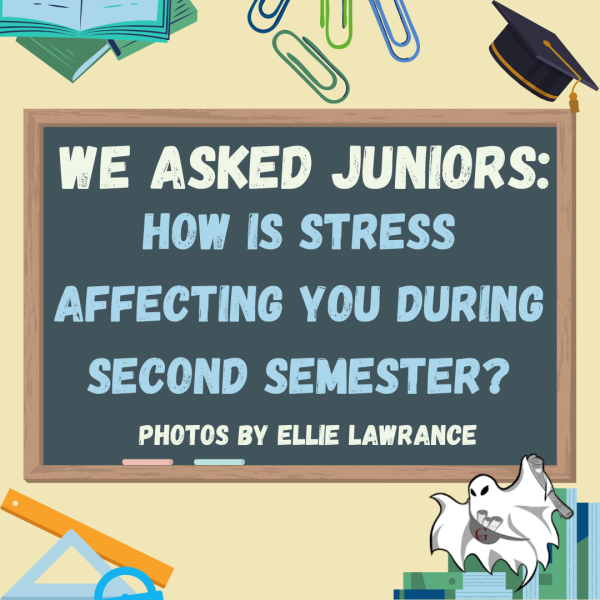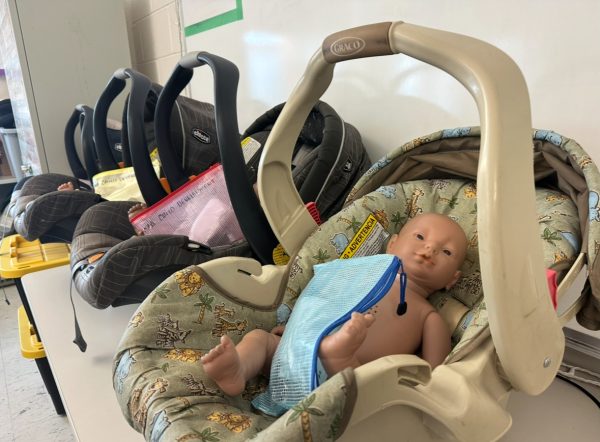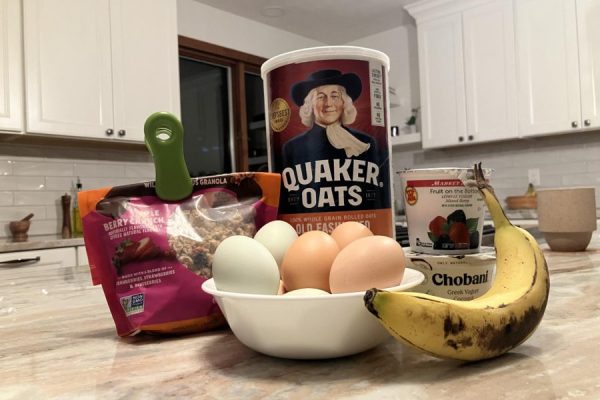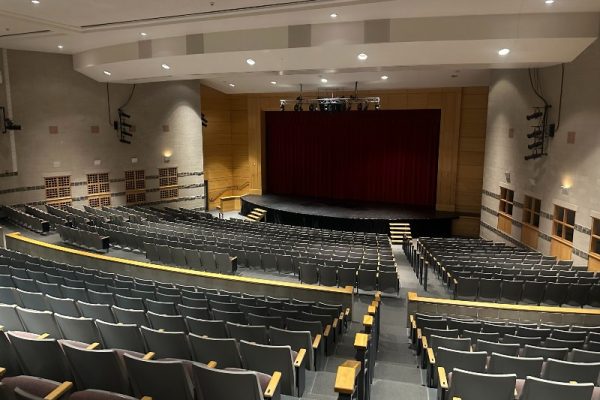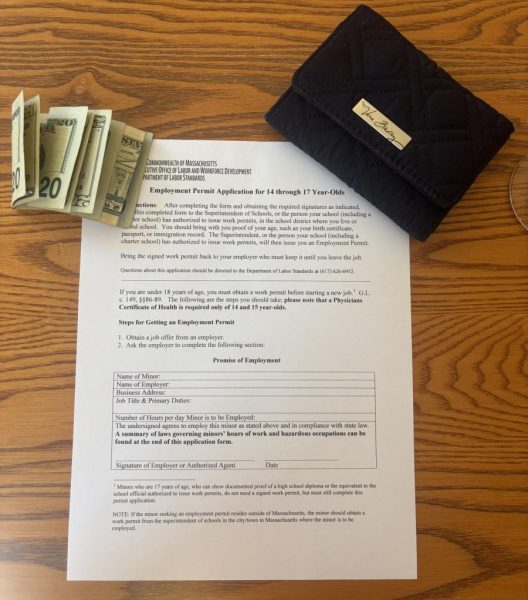The decision to run sports is not only irresponsible but catastrophic
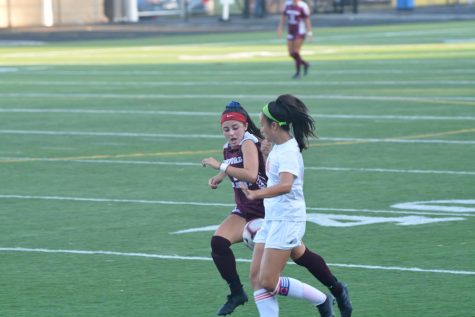
The sprint invigorates. The chants motivate. The turf feels like home. The wind whispers calming messages. The sweat intensifies. All of these aspects of a high school soccer game lure players and spectators across the country, leaving student athletes counting down the days till the start of their season. However, despite symbolizing the essence of a soccer game, these aspects also represent the competitiveness of the contact sport.
In the game, as long as you refrain from aggressive behavior, such as fouls, there are no rules for how close a player can get to their opponents in order to intimidate and defend. Normally, the close contact of the game is one of the most thrilling parts, but, with COVID-19 quite literally in the air, the close proximity of players poses as an extreme risk to everyone the players come in contact with off the field.
For the 2020 fall athletic season, Westford Academy will allow certain “low to moderate risk” sports to continue.
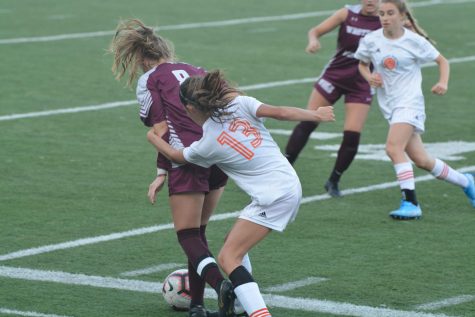
Following the MIAA safety procedures and protocols, WA will participate in a pod with Acton-Boxboro, Cambridge Rindge & Latin, Concord-Carlisle, Lincoln-Sudbury, and Newton South. All WA sports will play one school for a week. The MIAA believes that by limiting the schools a team plays against for a week, tracing a COVID-19 outbreak would be easier if it were to happen.
The sports that are allowed to play for the fall season, September 18 to November 20, are cross country, soccer, golf, and girls’ field hockey. The other typical fall sports will be held in a floating season, February 22 to April 25, after the winter season.
As per the MIAA guidelines, players must wear masks at all times and adhere to proper social distancing guidelines of about six feet apart when off the field. Additionally, schools must alert the other DCL teams and the MIAA if cases spiked in the school’s town. Spectators will be limited to twenty-five people for each team.
Yet, even with all of the rules regarding the season, I genuinely do not think starting sports is a good idea.
Westford Public Schools put in an extensive amount of effort over the summer to create a hybrid model and a remote learning model that would help minimize the spread of COVID-19 while also providing students with a balanced education and a smooth start to a new academic year. Although I have my own opinions on how the school and state should have used a universal remote model, the hybrid model does not bother me as much as the sports plan, since the hybrid model has some necessary academic purposes.
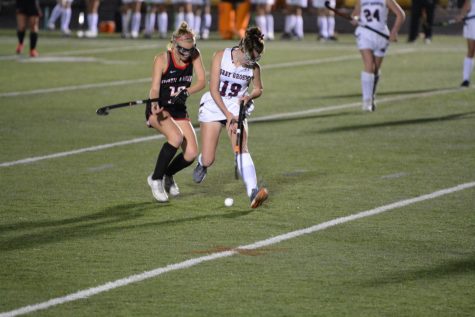
Unlike the hybrid model, sports are not a necessity. Even if some students rely on sports for scholarships, this reason is not enough to justify putting an entire school at risk for a recreational activity.
Furthermore, the plans for in-person school were discussed for months within the WPS district. Coming up with plans for one school district is easier and more reliable than coming up with plans to serve the entire DCL league. Separating students at school is more realistic than separating players during an activity in which physical contact thrives.
Not to mention, players are still getting uncomfortably close to each other while sweating, even if they are wearing a mask. Therefore, in the heat of the moment, athletes, especially in cross country, soccer, and field hockey, may end up transferring COVID-19 by grazing their opponents and teammates or through a mask slip.
Off the field, coaches, referees, and event supervisors may not be able to keep their attention on the athletes who are not participating in the active game, thus, social distancing protocols may not be carried out thoroughly. With a large amount of athletes, it’s hard to control all of them in an open space.
Putting practices and games aside, team-bonding activities may cause even further damage. Every year, teams have some version of a get-together. Whether they call it a “SPAG” or gathering, the effect remains the same. Even though these occasions aren’t condoned or regulated by the coaches, DCL, or school district, holding a sports season indirectly fuels these get-togethers. These team-bonding occasions generally involve an entire team, around twenty students, and the gatherings don’t have mandatory regulations concerning safety protocols.
Even if done on a smaller scale, these team activities have the potential to cause severe COVID-19 outbursts in Westford as well as the other towns in the DCL.
These are the possibilities to consider when thinking specifically about Westford. However, Westford isn’t the only town that plays a big role in the upcoming season.
Although we must trust our competitors, we truly can’t rely on other towns to implement all of the acceptable safety protocols in their hybrid models and sports plans. The students, faculty, and parents from other towns have a different overall approach to COVID-19 than we have in Westford, since each town varies immensely in their social culture.
Just a few weeks ago, Lincoln-Sudbury Regional High School switched from the hybrid model to remote learning for the first fourteen days of school due to a careless party in which around fifty teens attended. Lincoln-Sudbury is one of the towns Westford is set to play in the upcoming fall sports season.
The reckless behavior of other towns will jeopardize our community.
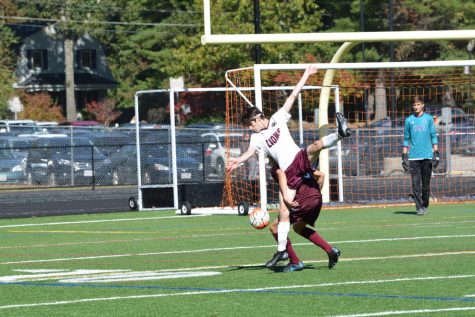
COVID-19 cases are spiking in Greater Boston areas. On Sunday, September 20, the Massachusetts Department of Public Health reported 340 new coronavirus cases. The department also announced fifteen new coronavirus-related deaths.
COVID-19 only takes one person to cause a community-wide outbreak. That person doesn’t even have to be from Westford. Sooner or later, a student will get COVID-19. It’s just a matter of time. We don’t need to support the spread of the virus, but by allowing sports to start, we are allowing for more unnecessary transmission to occur.
WA athletes put the hybrid students and faculty at risk. The students will intermingle with other athletes from other towns. If an athlete at WA gets COVID-19 without realizing it, they could infect students and staff in the building who may not be on board with the idea of a sports season, simply at school for academic purposes.
I urge WPS and the MIAA to rethink the fall sports season. The season is not worth the risk of infecting innocent, unsuspecting community members. For everyone’s safety, we must reevaluate the decision for a sports season after a couple months, once everyone adjusts to the hybrid model. I understand the reasons behind holding a sports season, especially after the year we’ve had, but, even with the best intentions, not every plan will end with its desired outcome.

